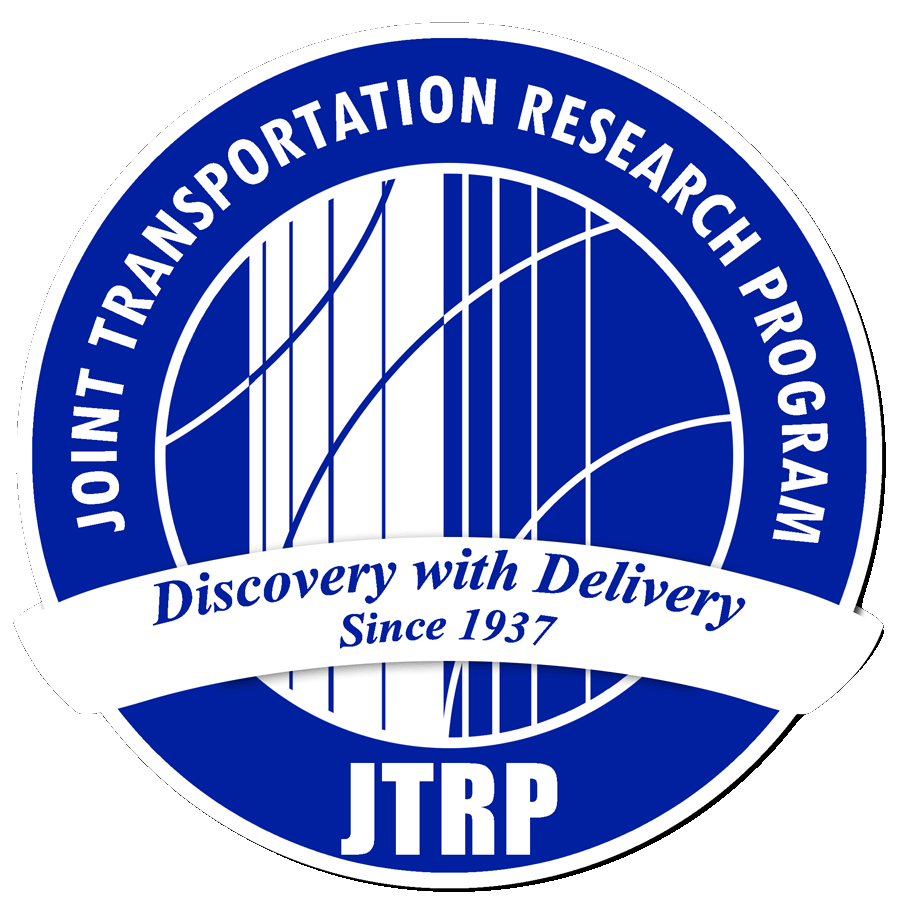Abstract
The service life of highway bridges is limited by the deterioration of their substructure components. In the U.S., it is estimated that more than 240,000 (about 40%) of the highway bridges are functionally or structurally deficient. Repairing these deteriorated bridges using traditional methods is usually time-consuming and expensive. Furthermore, these methods are such that they can cause a number of problems, such as being a threat to public safety and severe traffic disruption. Thus, it is important that new safer and more efficient methods be developed. Fiber Reinforced Plastics (FRP) have a great potential to provide such a solution. Due to their superior material properties, such as corrosion-resistance and costeffectiveness, FRP composite materials have been effectively used in a wide variety of applications in a number of industries. In recent years, prototype projects in civil infrastructure have demonstrated the effectiveness and the benefits of the use FRP in this industry. However, the long-term performance of FRP-wrapped columns, under severe environmental conditions has not yet been fully assessed, and thus requires further investigation. This research assesses their performance in terms of corrosion resistance and freeze-thaw effect. This has been accomplished through field monitoring, field inspection, and laboratory tests.
Keywords
Fiber Reinforced Plastics (FRP), civil infrastructure rehabilitation, composites, reinforced concrete columns, corrosion resistance, freeze-thaw effect, SPR-2161
Report Number
FHWA/IN/JTRP-2000/03
SPR Number
2161
Performing Organization
Joint Transportation Research Program
Publisher Place
West Lafayette, IN
Date of Version
2000
DOI
10.5703/1288284313274
Recommended Citation
Teng, M., E. D. Sotelino, and W. Chen. Monitoring of Long-Term Performance of Highway Bridge Columns Retrofitted by Advanced Composite Jackets in Indiana. Publication FHWA/IN/JTRP-2000/03. Joint Transportation Research Program, Indiana Department of Transportation and Purdue University, West Lafayette, Indiana, 2000. https://doi.org/10.5703/1288284313274Project Number
C-36-56NN
File Number
7-4-40


